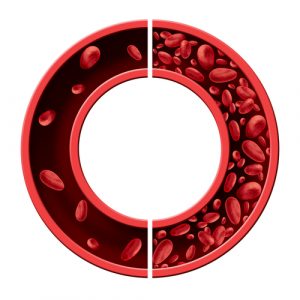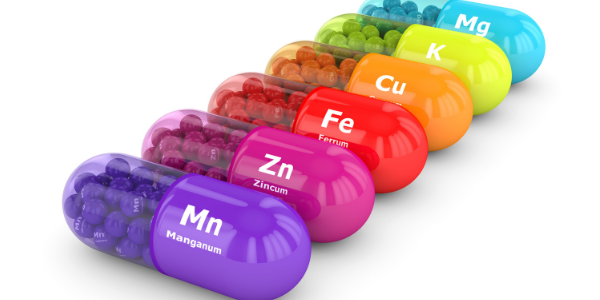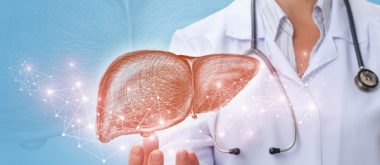When we think of the common ailments associated with getting older, mineral deficiencies rarely cross our minds. While minerals are an understated part of our diets and well-being, they play a critical role in graceful aging and maintaining a high quality of life as we age.
Whether you find yourself taking care of an older parent or relative, or you simply want to know how to age gracefully, here are the minerals that you need to incorporate into your diet in the years to come.
Why Mineral Deficiencies Matter
Minerals are the building blocks that make up our entire body. From our bones to our brains, minerals dictate how we feel on any particular day. When we’re young and don’t have a care in the world, minerals seem to sort themselves out because our body is running with optimum efficiency. As we get older and our system slows down, this isn’t the case.
Older individuals tend to be less mobile and rely on cheap, easy-to-cook foods as a means of getting calories. While this may seem like a reliable short-term solution, it drains them of essential nutrients and minerals needed for a healthy lifestyle. While there are many ways to treat mineral deficiencies, encouraging seniors to make healthy food choices is the most effective.
Calcium

- Fatigue
- Sluggishness
- Skin and nail problems
- Aching muscles
- Brittle bones
- Depression-like symptoms
- Poor dental health
- Muscle wasting
- Muscular spasms
- Loss of memory
- Inability to focus
As you can see, calcium plays a fundamental role in our well-being throughout waking hours. With new data coming out on mineral deficiencies in the elderly, calcium is one of the most common.
Which Minerals Should Mature Individuals Focus On?
As we become older and our days slow down, certain minerals matter more than others. While we can see that calcium plays a vital role in our health, there are pertinent minerals that we should focus on within our dietary choices.
An often underappreciated mineral, magnesium is responsible for a plethora of internal mechanisms that begin to falter as we age. Areas such as blood pressure regulation, nerve functionality, glucose regulation and muscle health are influenced by magnesium consumption.
For women that are older than 51, consuming around 320mg seems to be the “sweet spot.” However, men need a far deal more magnesium to maintain these modalities. Doctors recommend that men consume upwards of 420mg during a day through dietary choices or supplementation.

Treating Deficiencies
While mineral deficiencies may seem like a life sentence, they’re treatable through a combination of nutritional choices and supplementation. For readers that know someone who has a deficiency, encourage them to eat foods that are rich in essential vitamins and minerals. While this is not a comprehensive list, it gives you an idea of which food items to start incorporating into the diet:
- Red meat, leafy greens and beans for iron
- Cheese, sardines and yogurt for calcium
- Sweet potatoes, bananas and peas for potassium
- Shellfish, legumes and lentils for zinc
- Consider all-in-one mineral supplements
As you can see, mineral deficiencies don’t have to control the days and behaviors of the elderly: Try these tactics today and see how quickly their health and quality of life improves.





